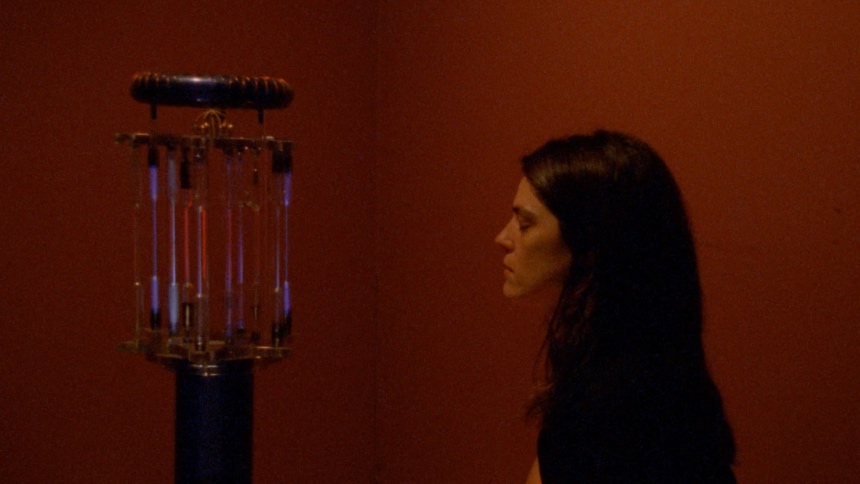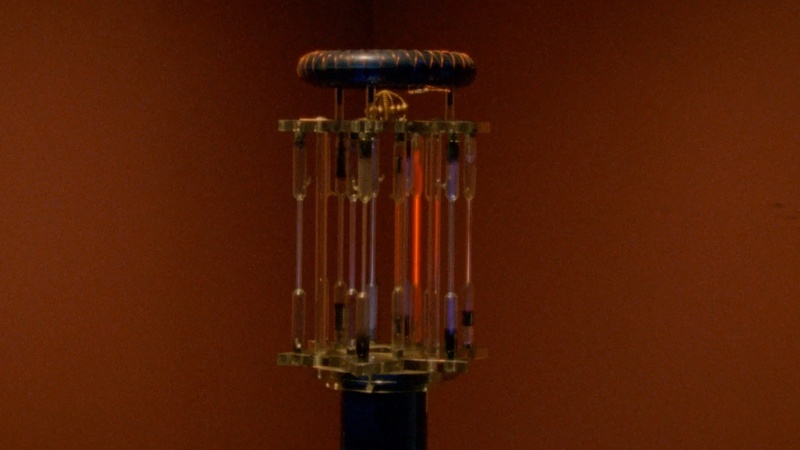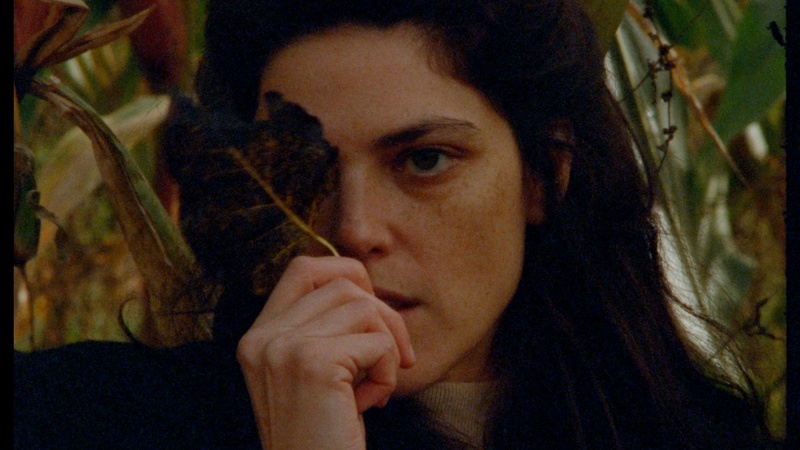Locarno 2024 Review: INVENTION, Grief, Legacy, and Myth Collide in Hybrid Dramedy
Courtney Stephens and Callie Hernandez created a film that intricately blends personal history, archival footage, and fictional narrative to explore themes of grief, memory, and the fine line between reality and fantasy.

Directed by Courtney Stephens and co-created with actress Callie Hernandez, Invention combines personal history, archival footage, and fictional narrative to challenge conventional storytelling forms. The film explores grief as a process that intertwines reality and fantasy while mourning a complicated and estranged parent.
Courtney Stephens, known for her experimental documentaries, like The American Sector and Terra Femme, brings a similar sensibility to Invention. Her directorial style often explores cultural memory and the interplay between reality and fiction. In her previous works, Stephens frequently uses found footage and archival materials to examine themes of national identity and personal memory.
Although Invention marks her first venture into fiction, it retains her distinctive voice, blurring the lines between documentary and narrative cinema. The film’s use of VHS footage of Hernandez’s late father, a holistic healer with unconventional beliefs, reflects Stephens’ interest in the intersection of personal and collective histories.
Callie Hernandez (Alien: Covenant, La La Land, Under the Silver Lake) takes a personal approach in Invention. Co-writing the screenplay, she stars as a fictionalized version of herself, portraying Callie, a woman navigating the aftermath of her father's death.
Hernandez's performance straddles disorientation and surrealism, capturing the complexities of grief. Her decision to blend autobiography with fiction highlights her willingness to experiment with narrative forms, bridging the autofiction genre from literature to film.
In Invention, Hernandez portrays Callie Fernandez, who learns that her estranged father has passed away, leaving behind a patent for a healing device that was recalled during his lifetime. This patent, along with a series of debts from his failed ventures, is all that remains of his legacy.
As Callie considers whether to pursue her father's ambitions and resurrect the device, she embarks on a journey to meet individuals from his past. Through encounters with fans, business partners, and local constructors, she pieces together a fuller picture of a man defined by eccentricity and unfulfilled ambition.
These encounters also serve as a framework for the grieving process, with U.S. indie filmmakers featuring in supporting roles. James N. Kienitz Wilkins appears as a deadpan executor, Joe Swanberg as a religious constructor, and Caveh Zahedi as a venture capitalist.
Invention embodies the ethos and aesthetics of U.S. lo-fi indie cinema. Shot on Super 16mm film, its grainy texture and muted color palette evoke nostalgia and loss, mirroring the film's exploration of memory and fantasy. The use of archival footage, particularly VHS tapes of Hernandez’s father’s TV appearances, further blurs the line between reality and fiction.
Stephens and Hernandez push formal boundaries by incorporating various storytelling modes, such as home movies, scripted drama, and behind-the-scenes audio about the filmmaking process and breaking the characters, adding a meta-layer to the film.
While the dominant narrative revolves around grief and estranged family ties, the backstory of Callie’s father subtly parallels narratives of American business mythmaking, albeit on a smaller scale than figures like Elizabeth Holmes.
Unlike Holmes, who was embroiled in Silicon Valley's high-stakes world, Callie's father remained an obscure figure, avoiding major tech hubs and leaving his "miracle device" in limbo after an FDA recall.
Invention portrays Callie's father as a character straddling the line between healer and charlatan, shaped by his beliefs in alternative medicine and conspiracy theories. Through his story, the film comments on the broader American tendency to seek solace in fantastical narratives, especially during times of uncertainty.
By juxtaposing personal grief with national disillusionment, Invention suggests that both are responses to a loss of faith and the allure of fantasy, transforming a family story into a reflection on contemporary cultural themes through minimalist yet compelling storytelling.









